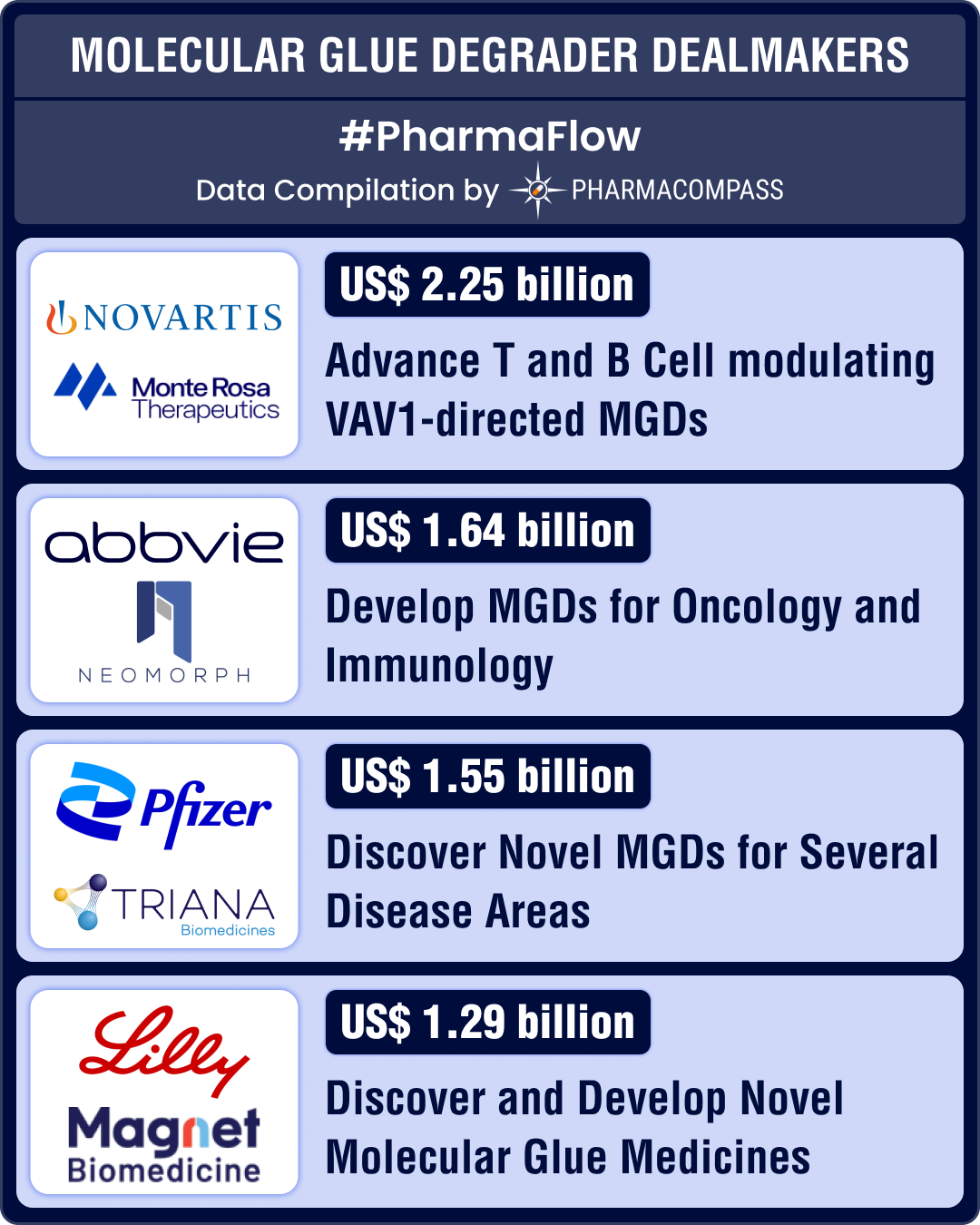
Last week, while key decision makers of the pharmaceutical industry were busy attending CPhI Madrid, the Canadian regulator – Health Canada – and the US Food and Drug Administration (FDA) issued compliance alerts to companies based in India, China and Taiwan.
In a manner similar to how Health Canada highlighted data integrity concerns at Zhejiang Hisun months before Hisun was placed on FDA’s import alert list, warnings have now been issued against major Chinese manufacturers Hebei Yuxing Bio-engineering and Zhejiang Hisoar along with Taiwan’s Everlight Chemicals.
This week, we once again review this unprecedented wave of regulatory action against pharmaceutical manufacturers, and its implications on both the suppliers as well as the buyer companies in the global pharmaceutical supply chain.
Health Canada’s alerts on manufacturers in China and Taiwan
Hebei Yuxing Bio-engineering, a major vitamin B12 manufacturer, is one of the only two companies that have the ability to supply the US market. While there are multiple companies with Drug Master Files (DMFs) submitted with the FDA, Hebei Yuxing along with Sanofi are the only ones that have an active status for their filings and have also had their DMF review completed by the FDA.
While the primary use of vitamin B12 is in the food industry, Health Canada has “requested voluntary quarantine of non-medically necessary products”. In the United States, there are some injectable and nasal spray products that could get impacted if the FDA takes action against Hebei Yuxing.
The concerns at Zhejiang Hisoar and Everlight Chemicals are also bound to create significant disruption in the supply chain since the two companies have submitted almost 30 DMFs to the FDA. Not only have they been established suppliers of active pharmaceutical ingredients (APIs) for years, they have also undergone successful inspections by the FDA and European agencies in the past.
Health Canada’s actions may be replicated in US and Europe
Two weeks ago, while assessing the GDUFA (Generic Drug User Fee Amendments) facility payments for 2016, we mentioned the migration of some Chinese companies from manufacturing APIs to finished dosage form products.
Regulatory action against Zhejiang Hisoar could derail its migration plans since the facility where data integrity concerns have been uncovered is registered with the FDA as a producer of both APIs as well as finished dosage forms.
While Canada may not be a major market for most pharmaceutical manufacturers, actions by Health Canada provides insight into the possibilities of action taken by regulatory agencies in the United States and Europe in the future.
FDA uncovers data integrity issues at two more Indian companies
Although Health Canada hasn’t posted any warning on major Indian manufacturers – Unimark Remedies and Megafine Pharma – the FDA issued a warning letter to Unimark Remedies and placed Megafine Pharma on its import alert list, effectively banning it from exporting products to the United States.
Unimark Remedies, in which Jordan-based generic major Hikma Pharmaceuticals had taken a strategic stake a few years ago, had the FDA raise the same concerns that it had found at other facilities in India.
Issues such a documentation not being done at the time operations are performed, quality control systems not having the necessary controls to ensure reliability of results generated and other shortcomings led the FDA to state that Unimark needs to establish a quality system that ensures there is no “vulnerability to data integrity manipulation”.
With more than 50 DMFs filed with the FDA, Unimark has successfully undergone FDA inspections for many years. However, the business impact remains uncertain since the facility cited is one of the three Unimark manufacturing sites registered with the FDA.
The trend of placing companies on import alert without a warning letter
In the case of Megafine Pharma, the FDA placed the company on its import alert list as an outcome of a May 2015 inspection, and without issuing a warning letter.
Banning companies from exporting products to the United States by placing them on the import alert list before issuing a warning letter has become a common trend of late when inspectors find grave non-compliances at a site.
While Megafine has two manufacturing sites registered with the FDA, the one banned from exporting is from where most of Megafine’s 18 USDMFs have been filed. Interestingly, this is the same facility which when last inspected in 2011, had no observations made by FDA inspectors.
Our view
The unprecedented wave of regulatory action against pharmaceutical manufacturers is something that the industry needs adapt to, by taking drastic steps. Not only do operations need to get reviewed and improved, compliance needs to take centerstage in conversations.
In addition, companies with multiple suppliers need to develop real-time information systems to constantly review the potential impact of non-compliance by even one of its suppliers on the company’s supply chain. This has become even more important given the trend of global regulatory agencies collaborating to take action against errant manufacturers.
PharmaCompass offers subscription-based services that provide real-time supply chain information updates. To monitor and improve the quality and integrity of your pharmaceutical supply chain, email us at support@pharmacompass.com and we’d be happy to get the discussion started.
The PharmaCompass Newsletter – Sign Up, Stay Ahead
Feedback, help us to improve. Click here
Image Credit : IMG_0642 by Prince Roy is licensed under CC BY 2.0
“ The article is based on the information available in public and which the author believes to be true. The author is not disseminating any information, which the author believes or knows, is confidential or in conflict with the privacy of any person. The views expressed or information supplied through this article is mere opinion and observation of the author. The author does not intend to defame, insult or, cause loss or damage to anyone, in any manner, through this article.”






